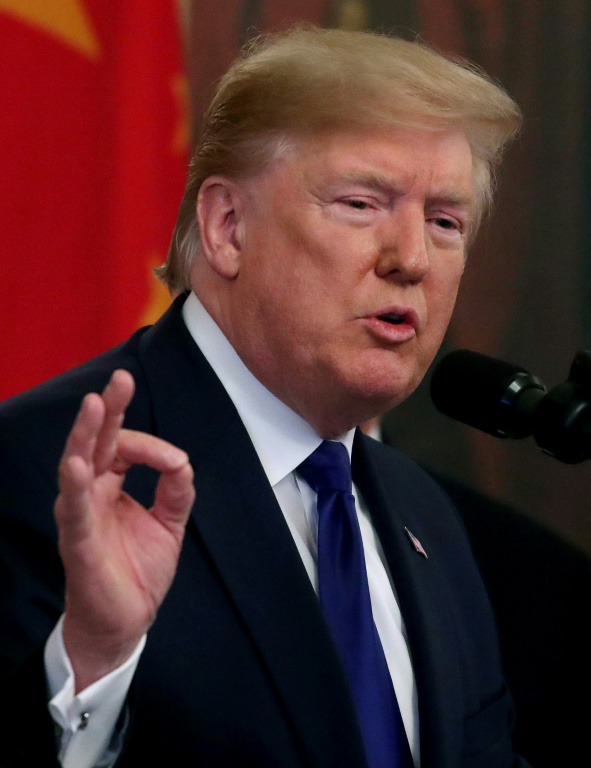Portugal looked set on Monday for a period of political uncertainty after no party won a majority in the election at the weekend and the far-right surged into the role of potential kingmaker.
The centre-right Democratic Alliance (AD), which won the most seats in Sunday’s vote, is expected to be tapped in coming days to try to form a government.
AD beat the incumbent Socialist Party (PS), but took just 79 seats — far short of a majority in the 230-seat parliament.
Even with the backing of tiny business-friendly party Liberal Initiative (IL), the AD would still need the support of anti-immigration party Chega to reach a majority of 116 seats in the assembly.
Chega posted the biggest gains winning 48 seats, up from just 12 in the last election in 2022, cementing its position in Portugal’s political landscape.
It has demanded to be part of a right-wing coalition government in exchange for parliamentary support, but AD leader Luis Montenegro repeatedly ruled out any post-election agreement with the party branded as xenophobic by its critics.
“Given the distribution of seats, we should not expect much stability,” Filipa Raimundo, a political science professor at Lisbon’s ISCTE university, told AFP.
“It is hard to know how much the opposition parties will be willing to cede to support the minority government.”
Javier Rouillet of ratings agency Morningstar DBRS said passage of the 2025 budget will likely be “the first major test” for an AD minority government which “could face significant obstacles to legislating over time and require support on a case-by-case basis”.
“If the new government is unable to pass legislation, this could raise the prospect of another round of elections later this year or early next year,” he added.
While Socialist leader Pedro Nuno Santos has said his party would refrain from bringing down a centre-right minority government he warned it would vote against its first budget.
“We will be the opposition, we will renovate the party and we will seek to win back the Portuguese who are dissatisfied with the PS,” he said early on Monday after the results were out.
Faustino Lopes Baiao, a 70-year-old newspaper vendor, said the election results show voters were “fed up” with Portugal’s two mainstream parties.
“Maybe this will change things a bit for the better,” he told AFP in central Lisbon.
The AD campaigned on promises to boost economic growth by slashing taxes which the Socialists had warned would require cuts to pensions and other social spending.
“We know the challenge is great. It is going demand a great sense of responsibility, a great capacity for dialogue,” Montenegro said in his victory speech.
The election results mark another advance for the far right in Europe, where they either already govern — often in coalition — in countries such as Italy, Hungary and Slovakia, or are steadily gaining, as in France and Germany.
Chega, which means “Enough”, calls for stricter controls over immigration, tougher measures to fight corruption and chemical castration for some sex offenders.
Formed just five years ago, Chega picked up its first seat in Portugal’s parliament in 2019. It was the first far-right party to win representation in the assembly since a military coup in 1974 toppled a decades-long right-wing dictatorship.
There are still four seats left to be assigned representing Portuguese who live abroad, but those results will not be known for days. They have traditionally gone mostly to the centre-right.
The election was called after Socialist Prime Minister Antonio Costa, 62, unexpectedly resigned in November following an influence-peddling probe that involved a search of his official residence and the arrest of his chief of staff.
Though Costa himself was not accused of any crime, he decided not to run again.
AFP







